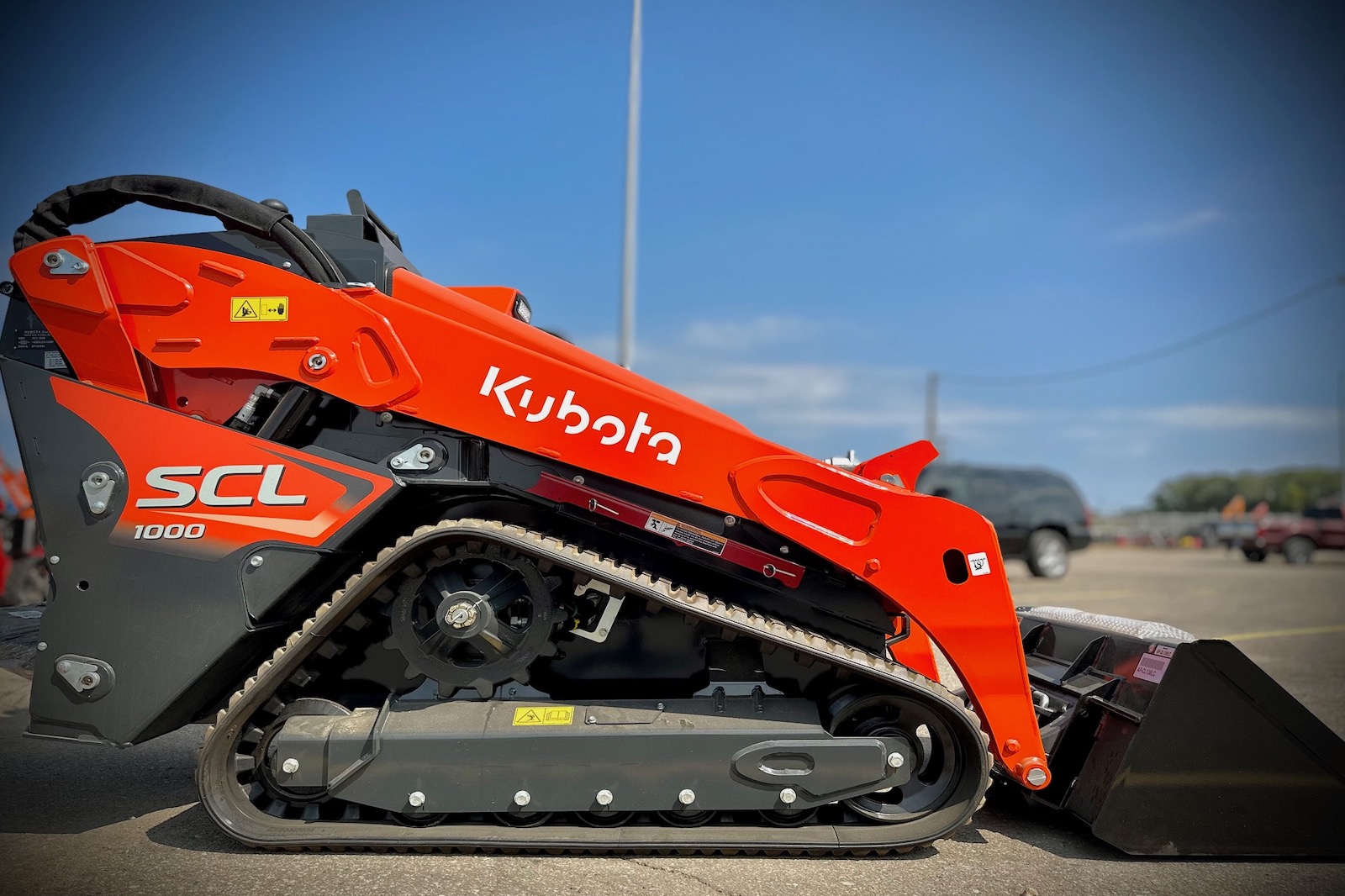As a contractor, is it better to buy or rent power equipment?
When contractors are considering the acquisition of power equipment, they face a pivotal decision: should they buy or rent? This choice depends on various factors, including the nature and duration of projects, financial implications, maintenance concerns, and the evolution of technology. Both options have their merits and drawbacks, and understanding these can help contractors make an informed decision that aligns with their business needs.
Buying Vs. Renting Power Equipment
Pantano Outdoor Supply Has Power Equipment for Sale & Rent
If you’re looking for a great power equipment dealer, check out Pantano Outdoor Supply today! We are a wholesale landscaping and masonry supply store located in Manalapan, NJ. We serve contractors only, we do not sell retail. Our landscape supply store is one of New Jersey’s most extensive, with top-quality selections. So whether you are a contractor, landscaper, builder, or architect, we can recommend the right materials to enhance your masonry project. We offer delivery to your job site or home throughout the tri-state area as well as rental equipment, tools, and accessories to help spread the product. If desired, we provide on-site pickup. Pantano remains committed to providing you with the very best quality masonry supplies available at competitive prices, all in an effort to help you set your company apart from your competition. Our goal is to be your partner in business offering you the goods and services needed for you to operate your business successfully.
We provide a one stop shop for all your landscaping and masonry needs. Pantano is the largest landscaping provider in the United States. We sell a full line of landscape and building stone, have a large supply of mulch and garden products, and offer quality power equipment. Come and visit us today or give us a call at (732) 786-8503.
